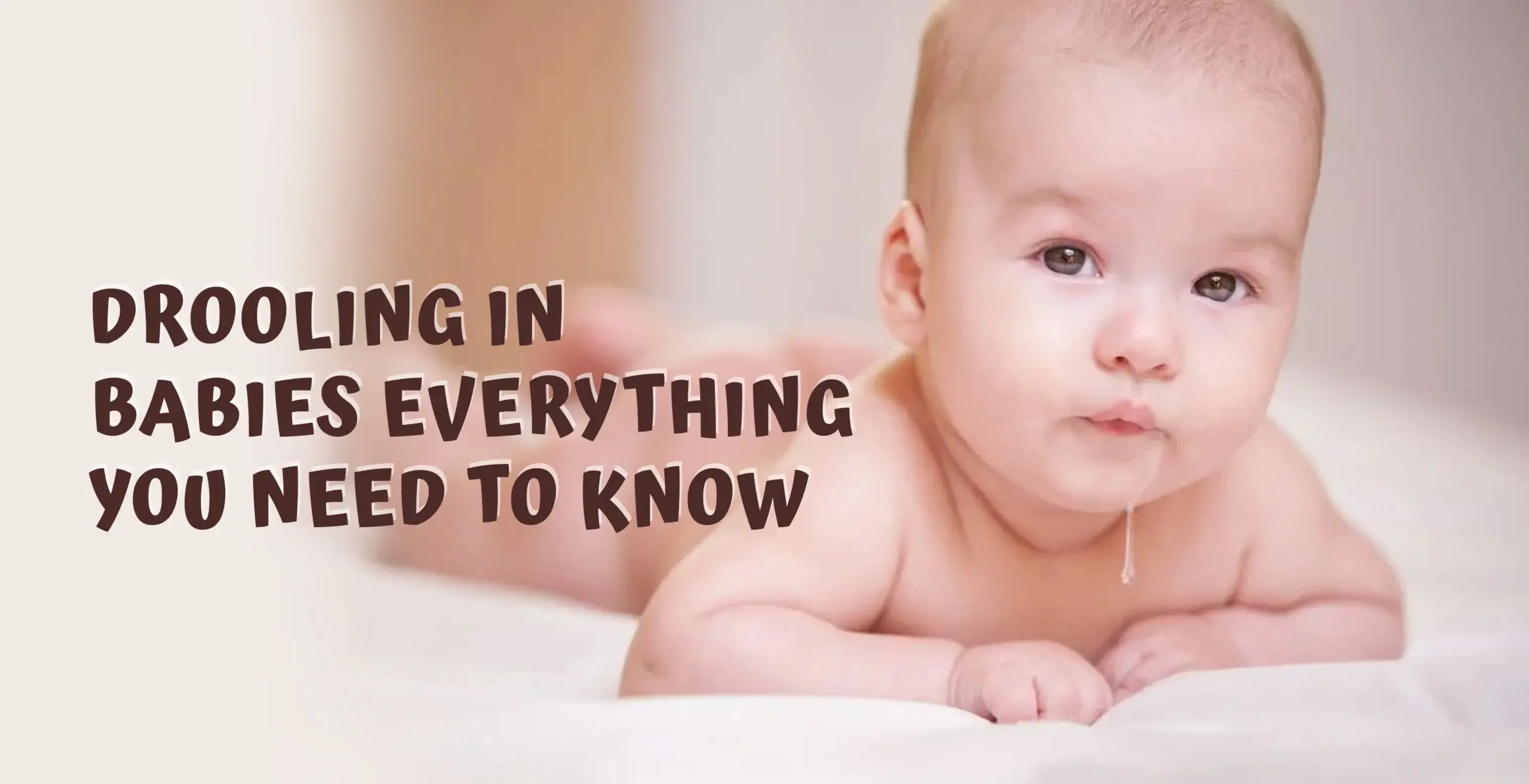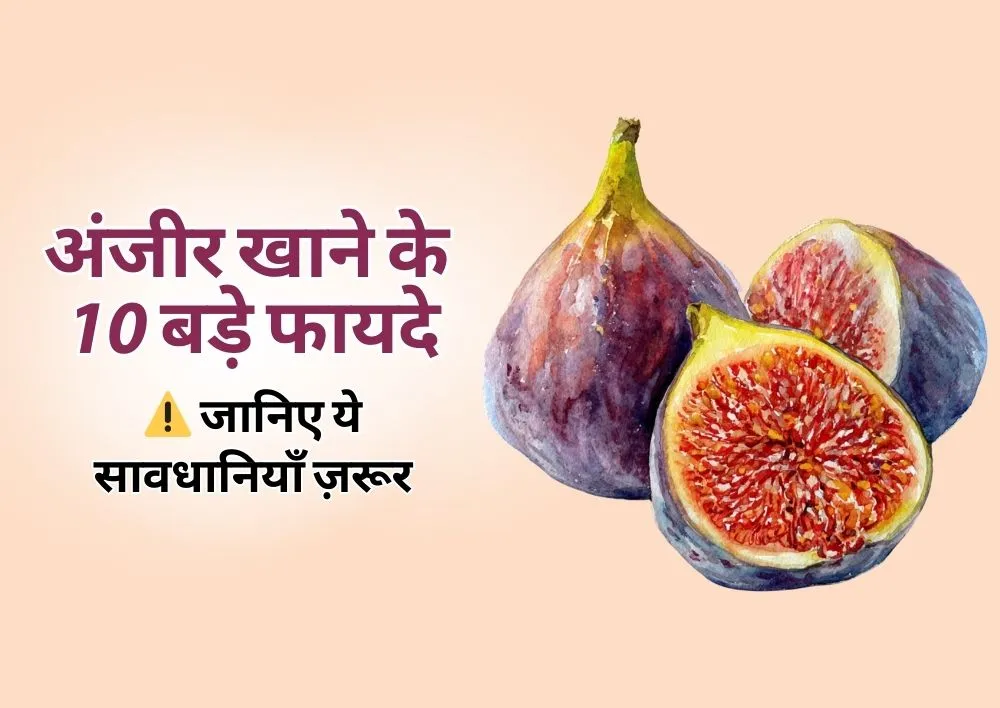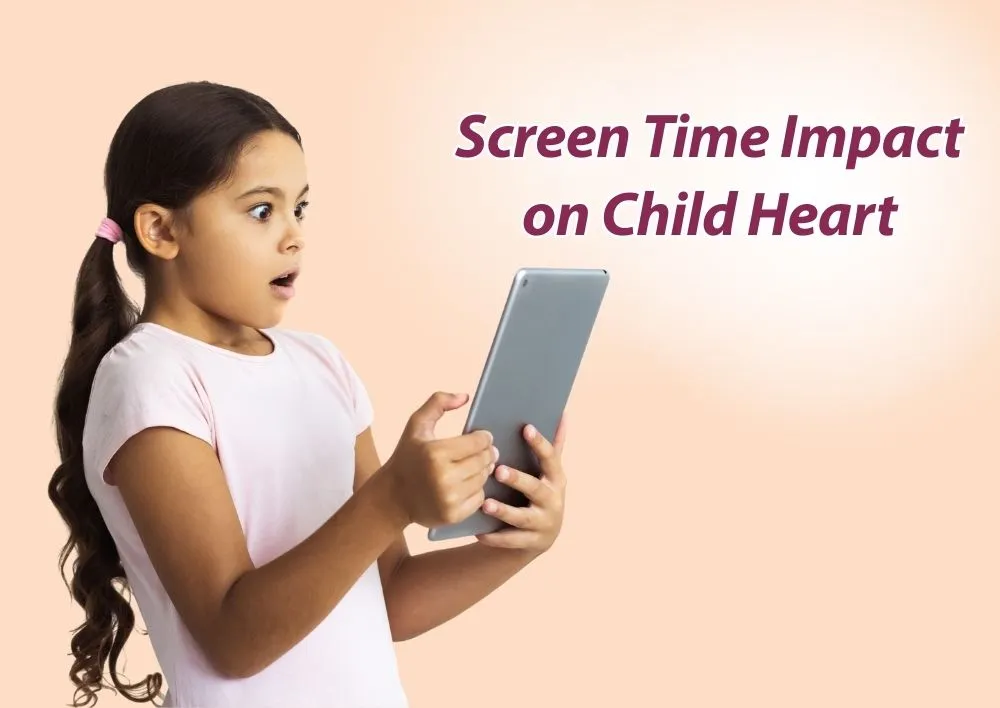Drooling in Babies - Everything You Need to Know
Summary: Drooling is a natural part of a baby's development, often peaking between 3 to 6 months of age. It plays a crucial role in digestion, teething, and oral hygiene. While drooling is usually harmless, excessive drooling may indicate teething, oral exploration, or underlying medical conditions like GERD or neurological disorders. Parents should monitor for signs such as difficulty swallowing or persistent rashes. Simple measures like using bibs, wiping gently, and applying baby-safe creams can help manage drooling effectively.
Overview
Drooling is a common and natural part of a baby’s development. If you have noticed your little one constantly drooling, especially between 3 to 6 months of age, don’t worry, it is completely normal! This stage is important for their growth, often signaling teething, hunger, or oral motor development. However, excessive drooling may sometimes indicate underlying medical conditions.
In this blog, we will explore everything you need to know about drooling in babies, its causes, benefits, when to seek medical attention, and how to manage it effectively.
What is Drooling in Babies?
According to the best pediatric doctor in gurgaon at Miracles Apollo Cradle, Drooling refers to the excessive flow of saliva from a baby’s mouth, which typically happens because they have not yet developed full control over their oral muscles. This is an essential milestone, as saliva plays a key role in digestion and oral health.
Babies start producing more saliva around two to three months of age, and since they have not yet mastered swallowing it efficiently, it usually dribbles out of their mouths. While this may seem excessive at times, it is a completely natural part of their early development.
Importance of Drooling in Babies
Drooling isn’t just a messy phase, it has several benefits that help in your baby’s growth and development. Here is why drooling is important:
-
Food Softener: Saliva helps break down food, making it easier for babies to swallow once they start eating solids.
-
Helps with Swallowing: Increased saliva production helps with swallowing and digestion, ensuring a smooth transition to solid foods.
-
Milestone Indicator: Drooling often signals teething, an important developmental stage where baby teeth begin to emerge.
-
Gum Protection: Saliva contains enzymes that help protect your baby’s gums and teeth from decay.
-
Helps with Oral Exploration: Babies learn about their surroundings through their mouths, and saliva plays a vital role in this sensory experience.
While drooling is generally beneficial, excessive drooling could sometimes indicate an underlying issue.
What causes excessive drooling in babies?
While drooling is normal, excessive drooling may be linked to:
-
Teething: The emergence of baby teeth stimulates saliva production and can lead to increased drooling.
-
Hunger or Oral Exploration: Babies use their mouths to explore objects, leading to increased saliva flow.
-
Orofacial Abnormalities: Structural issues in the mouth or jaw, such as tongue-tie or cleft palate, can contribute to excessive drooling.
-
Neurological Conditions: Conditions like cerebral palsy, Down syndrome, or developmental delays can impact muscle control, leading to excessive drooling.
-
Upper Respiratory Infections: Colds, throat infections, or allergies may cause increased saliva production and difficulty swallowing.
-
Gastroesophageal Reflux (GERD): Gastroesophageal reflux can cause excessive drooling as babies may struggle with swallowing properly.
If your baby’s drooling seems excessive or is accompanied by other symptoms, consult a children doctor near you.
Why Do Babies Drool While Sleeping?
Many parents notice that their baby drools more while sleeping. Here’s why:
-
Babies have underdeveloped muscles that control swallowing, causing saliva to accumulate.
-
Certain sleeping positions, such as lying on the stomach or side, allow saliva to pool in the mouth rather than being swallowed.
-
If a baby is teething, nighttime gum irritation can lead to increased drooling.
-
Mouth breathing due to nasal congestion can cause excessive drooling during sleep.
-
If drooling while sleeping results in discomfort or rashes, consult with a pediatrician for guidance.
How to Manage Drooling and Prevent Drool Rash
Excessive drooling can sometimes lead to rashes, irritation, or discomfort around the mouth. Here is how you can manage it:
-
Wipe Gently: Use a soft, clean cloth to wipe saliva frequently without irritating the skin.
-
Use Bibs: A drool bib helps keep your baby’s clothes dry and prevents irritation on the chest and neck.
-
Discontinue Pacifiers: If pacifiers contribute to excess saliva, limit their use to reduce drooling.
-
Clean the Skin Promptly: Regularly clean and dry the baby’s mouth area to prevent irritation and bacterial growth.
-
Apply Moisturizers: Use baby-safe creams, petroleum jelly, or ointments to protect delicate skin from drool rash.
-
Change Wet Clothes Quickly: Avoid prolonged exposure to damp clothing to prevent skin irritation.
-
Regular pediatric check-ups: It can help ensure your baby’s development stays on track.
When to Seek Medical Attention for Drooling?
While drooling is typically harmless, parents should watch out for signs that may indicate an underlying issue, such as:
-
Difficulty swallowing or frequent choking on saliva.
-
Persistent rash around the mouth, chin, or neck that doesn’t improve with care.
-
Signs of respiratory infections, such as coughing, congestion, or fever.
-
Delayed muscle control that affects swallowing or eating habits.
-
Unusual irritability, excessive crying, or difficulty feeding in combination with drooling.
If you notice any of these symptoms of drooling of saliva in a newborn, consulting a newborn doctor near you can help determine whether excessive drooling requires treatment.
Conclusion:
Drooling is a normal and essential part of your baby’s development. However, excessive drooling may sometimes indicate an underlying condition. If you are concerned about your baby’s drooling, it is best to consult a pediatrician near you at Miracles Healthcare for advice.
Frequently Asked Questions
Yes! Drooling is an important developmental phase that helps babies with digestion, teething, and oral hygiene.
Most babies stop drooling by the age of 3. If drooling persists into toddlerhood, consult a doctor to rule out any underlying issues.
Keep the affected area clean and dry, and apply baby-safe moisturizers. If irritation worsens, consult a pediatrician.
Drooling alone does not cause dehydration, but excessive saliva loss combined with poor feeding or illness can contribute to it.
Drooling is a natural part of development and usually doesn’t need to be stopped, but keeping the baby’s mouth clean and using bibs can help manage it.
Encourage oral muscle development with teething toys, wipe excess saliva, and keep their skin dry to prevent irritation.
Most of the babies stop excessive drooling by 2 to 3 years as they develop better muscle control.






.webp)







Was the information useful?
0 0